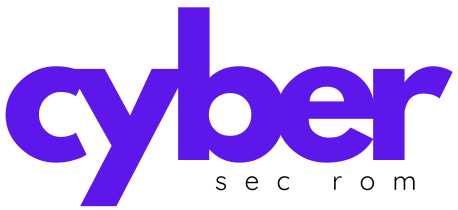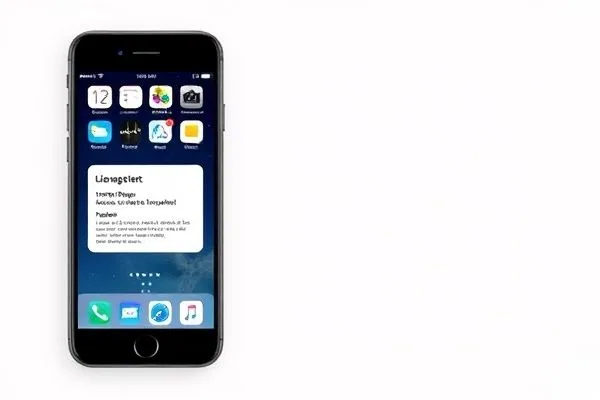The recent fine imposed on Apple by France’s competition authority serves as a stark reminder of the complexities surrounding data privacy and user consent. With the introduction of App Tracking Transparency (ATT), Apple sought to give users more control, yet the implementation has raised significant concerns regarding fairness and transparency.
\n
Key Takeaways:
\n
- \n
- ✅ France’s Autorité de la concurrence imposed a €150 million fine on Apple for discriminatory consent practices related to ATT.
- ✅ The regulator highlighted asymmetric consent processes, where users must confirm tracking consent twice compared to a one-step refusal process.
- ✅ The ruling emphasizes the need for compliance with the French Data Protection Act, particularly Article 82 related to user consent.
- ✅ Despite the financial penalty, Apple’s revenue remains largely unaffected, raising questions about the effectiveness of such fines in driving change.
\n
\n
\n
\n
\n
The decision against Apple is rooted in the observation that the ATT framework, while aimed at enhancing privacy, inadvertently creates a convoluted consent process. According to the French regulatory authority, the requirement for app developers to collect explicit consent twice when tracking users is not only cumbersome for users but also introduces systemic bias against third-party application developers.
\n
Implementation of the ATT Framework
\n
Introduced in iOS 14.5, ATT mandates that all apps request user consent before accessing the Identifier for Advertisers (IDFA), which is critical for targeted advertising. Apple asserts that without user permission, this value defaults to zero, effectively halting tracking activities. While the framework’s intention is commendable, its execution has become plagued by complications. Developers are required to disclose the purpose of data collection, thus introducing additional layers of decision-making for users, contributing to consent fatigue.
\n
The Autorité de la concurrence criticized the essentially convoluted structure of ATT, stating that it fails to balance the scales of data permission between Apple and its competitors. Asymmetries in the consent process come into play, where users face double confirmations for tracking consent on third-party apps while Apple’s own applications faced less stringent requirements for obtaining user permission until updates introduced by iOS 15.
\n
Legal Implications and Future Perspectives
\n
The fine of €150 million underlines serious scrutiny Apple’s ATT practices will encounter in the future. This ruling aligns with the overarching theme of data protection in Europe, which emphasizes greater accountability for tech giants regarding personal data usage. The real question for Apple and similar corporations is whether financial penalties will compel them to reevaluate their data collection strategies or simply be seen as a cost of doing business.
\n
In conclusion, while Apple’s ATT was designed to empower users with more control over their data, it requires a more equitable approach to consent collection if it expects to align with the legal standards expected by regulatory authorities.









